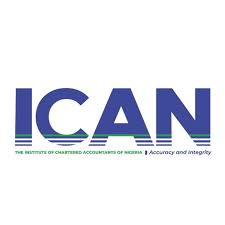The Executive Chairman of the National Revenue Service (NRS), Dr. Zacch Adedeji, has confirmed that the newly enacted tax reform laws will officially come into effect from January 1, 2026. This declaration comes as part of the federal government’s ongoing efforts to overhaul Nigeria’s tax system, streamline revenue collection, and improve fiscal sustainability across all tiers of government.
Speaking during a recent press engagement in Abuja, Adedeji, who heads the newly rebranded National Revenue Service, formerly known as the Federal Inland Revenue Service (FIRS), stated that the reforms are in line with the Tinubu administration’s broader economic agenda, which aims to simplify tax processes, eliminate bottlenecks, and expand the nation’s tax net without overburdening businesses or individuals.
According to Adedeji, the reforms are designed to improve transparency, foster voluntary tax compliance, and reduce the cost of compliance for taxpayers. He emphasized that the new laws were crafted through robust stakeholder engagements and guided by recommendations from the Presidential Fiscal Policy and Tax Reform Committee, which has been working since 2023 to reposition Nigeria’s tax structure for optimal performance.
He noted that the January 1, 2026 implementation date provides ample time for the private sector, relevant institutions, and the general public to adjust to the upcoming changes, while the NRS intensifies awareness campaigns and capacity-building programmes to ensure a smooth transition.
“These reforms are not about introducing new taxes. They are about retooling our tax system to make it more efficient, fair, and growth-oriented,” Adedeji said. “What we are doing is aligning our policies with global best practices while ensuring that every stakeholder understands their role and responsibilities.”
Under the new regime, areas such as digital taxation, improved data integration, and reduction of tax loopholes will be prioritized. The NRS boss reaffirmed the agency’s commitment to professionalism and innovation, stressing that the changes will ultimately improve the country’s revenue base without stifling economic growth.
The tax reforms are a critical pillar in the federal government’s bid to reduce dependence on oil revenue, tackle budget deficits, and strengthen Nigeria’s fiscal position amid evolving economic realities both locally and globally.






